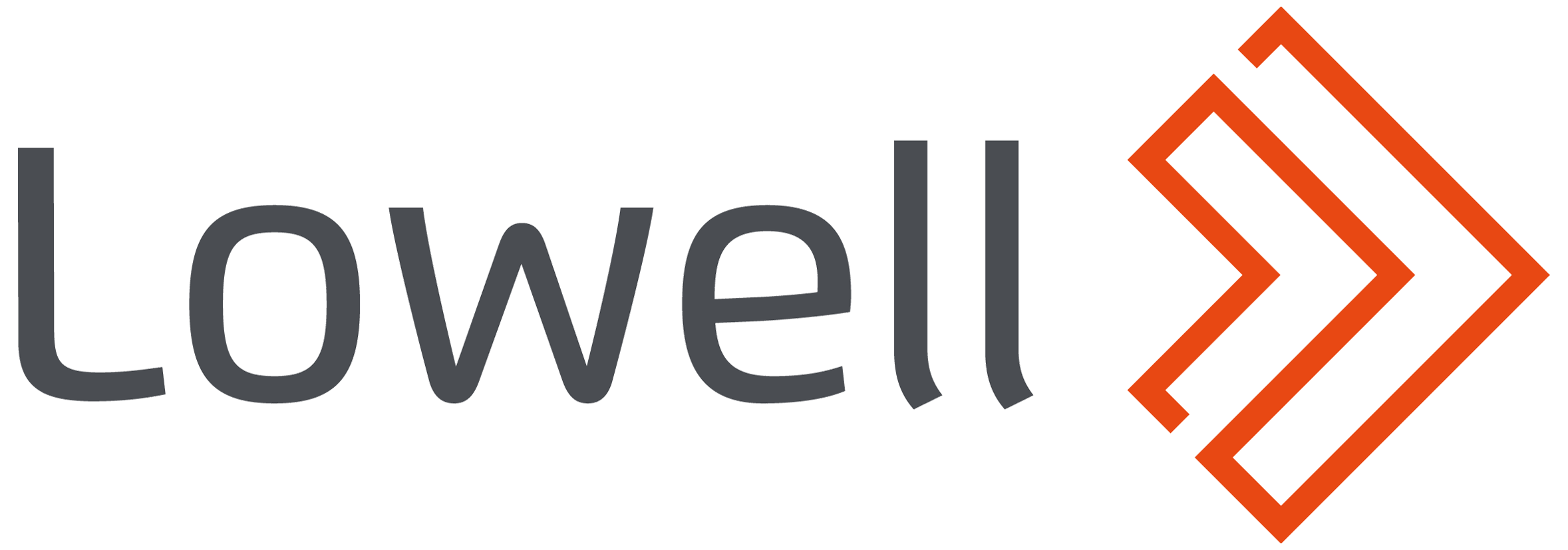What does insolvency mean?
What is insolvency?
If you’re struggling with your finances and paying back your outstanding debt, it’s likely that you’ve come across the term ‘insolvency’. But what does it actually mean?
We understand that financial terminology can be quite confusing which is why we’ve created this guide to run through everything you need to know about insolvency including what it means, if it’s the same as bankruptcy, how it can impact you, and where to seek free impartial financial advice.
This content is intended to be an impartial guide about the Debt Arrangement Scheme in Scotland. Lowell Financial Ltd do not provide financial advice. You can find out about organisations you can contact for guidance throughout the piece and on our debt support guide.
In this guide we’ll cover:
Dealing with personal insolvency
Dealing with company insolvency
Insolvency solutions in the UK
Bankruptcy
Is insolvency the same as bankruptcy?
Individual Voluntary Arrangement (IVA)
Debt Relief Order (DRO)
Insolvency solutions in Scotland
Minimal Asset Process bankruptcy (MAP)
Full Administration Bankruptcy
What is apparent insolvency?
Protected Trust Deed
What is an Insolvency Practitioner (IP)?
Where to seek advice on insolvency
Can Lowell help me with insolvency options?
First published: 9th April 2024
Updated: 2nd July 2025




